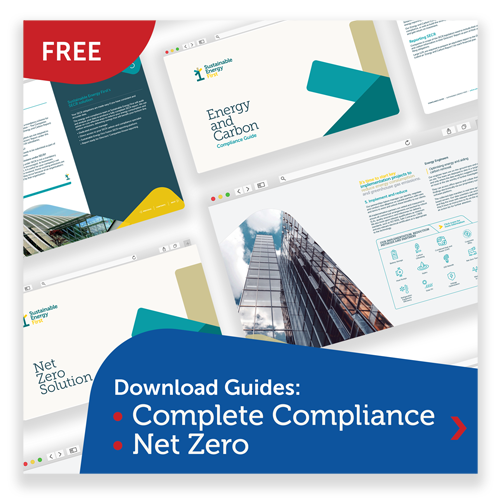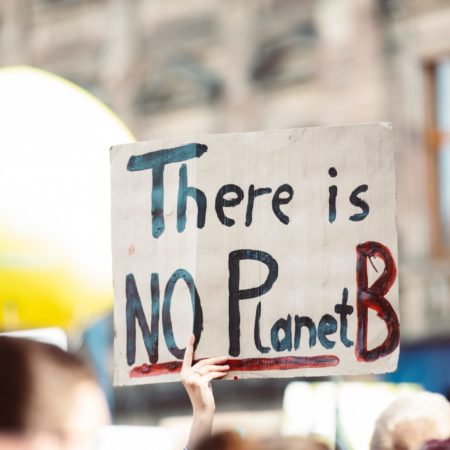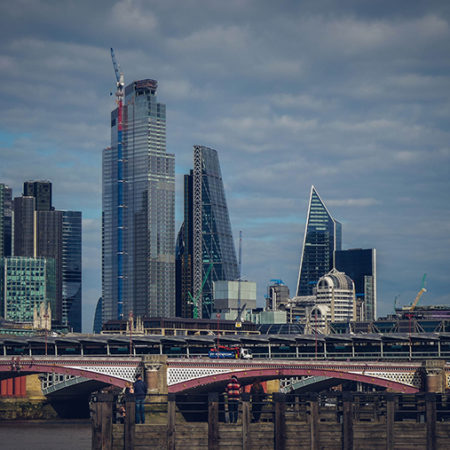It may seem like moments since the ink dried on COP26 agreements, but the 27th session of the Conference of the Parties (COP27) to the UNFCCC will take place next year in Sharm El-Sheikh, Egypt.
The summit takes place from 7-18 November 2022, so corporates and governments meet in less than 12 months. That’s very little time in sustainable business, against a fast-racing climate agenda. What should business leaders be doing, and what must COP27 pick up and run with?
Egypt vs sustainability
Crucially, The Washington Post notes, COP27 host Egypt is the largest oil producer in Africa outside the Organization of the Petroleum Exporting Countries, or OPEC, according to the U.S. Energy Information Administration.
This is intriguing from the perspective of what COP27 must achieve, because additionally Egypt has not set a target for reaching net zero.
Therefore, the challenges faced by the forthcoming host country effectively mirror those that COP26 itself didn’t quite meet. For a start, it didn’t unequivocally get net zero across the table globally and secondly the promises against fossil fuels were watered down at the last minute.
Al Jazeera notes that though the Glasgow Climate Pact is the first climate package to directly reference coal and fossil fuels, many countries were angered by a change to the text replacing the call to phase “out” the use of coal with a call to phase it “down”.
These two things will be on the hit list at COP27. Pushing further on leveraging fossil fuels out of the global energy mix completely, and pushing net zero onto the agenda of every, not just most countries on Earth.
But how does this affect corporate strategy across the next 12 months?
The ground is ready
No matter whether the final nail is laid in the coffin for fossil fuels at COP27, 28 or indeed some further time in the future, the trend is hastening and inescapable. The direction of travel lies in only one path, away from fossils.
So C-suites should waste no time in preparing a pre-emptive business strategy that assumes COP27 will, finally, phase out fossils from the global mix.
By doing so, they will arm themselves against risk and win opportunities against many sustainable themes trodden time and again in these pages; environmental and social governance, corporate social responsibility, protection from the hiking costs of unsustainable energy sources.
These themes are by now well understood but that makes their potency no less intense. Missing the boat on the fossil phase out and the sustainable transition will leave many corporates, quite simply, out of business. Whether COP27 confirms this or not, the truth is there.
The magic of money
Another COP26 legacy that will be heightened at COP27 is the role of green finance. As The Independent notes, COP26 levels of finance pledged surpassed USD $20 billion, and this is just part of the wide range of announcements that together signal a systemic shift to address unsustainable land use and accelerate a transition toward a low carbon, nature-positive and climate-resilient future.
Every corporate has to understand plainly that easy money to invest into their operations is no longer going to be available unless they can be proven, against solid CO2 disclosure criteria, to be sustainable.
This must be part of 2022 business planning.
Land and food
Expect more on these themes at COP27; businesses in these sectors take note. Up to 65 per cent of productive land in Africa is degraded, while desertification affects 45 per cent of Africa’s land area.
And by 2050, it is estimated that land degradation will result in more than half of Africa’s productive land becoming unusable, which will have serious implications for food security.
Hence the transformation of food systems, associated business, supply chain and transparency within brands will be on the COP27 agenda. Any corporate operating in these areas needs to have preparation on these themes on its hit list.
The bottom line
Of course, the truth remains that currently, the pledges made at COP26 are unlikely to limit global warming to the 1.5C needed to avert global chaos.
“The actual work has to be done when everyone comes back from COP,” Anders Haug Larsen, head of policy at the Rainforest Foundation Norway, told Al Jazeera.
What he’s driving at is the well understood truth that any target without intentional action is meaningless. Business as usual cannot and will not continue. Those companies that wish to stay in profit must also act to keep the COP26 promises alive.
By doing do they will create a fertile ground for green business to supply the jobs of the future, within a more sustainable ecosystem that supports both business and humanity.
There is surely no more important goal for business leaders. Get your strategy straight for COP27. Lead the change and secure your sustainable business transition.























